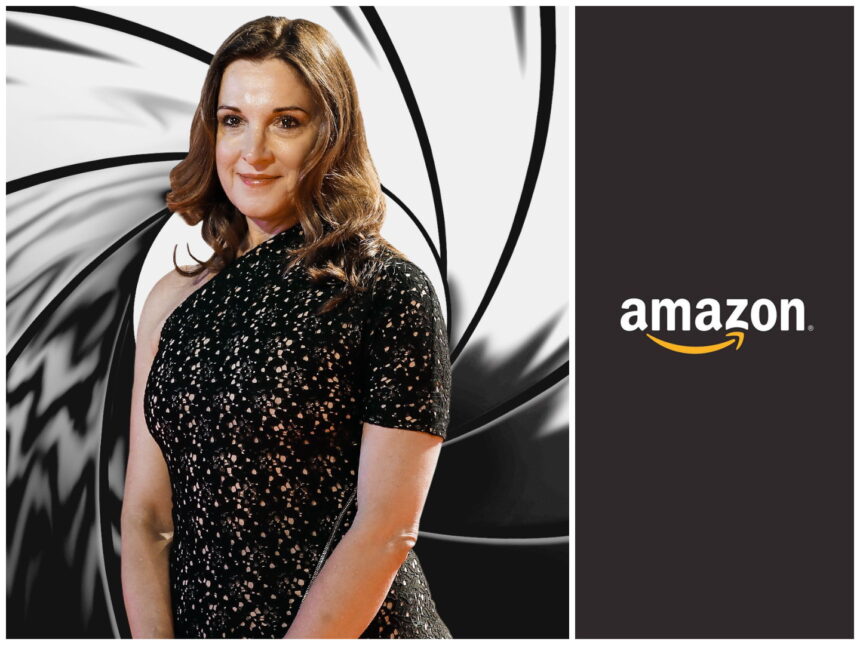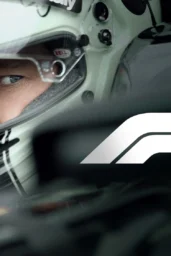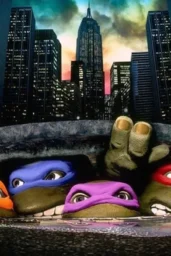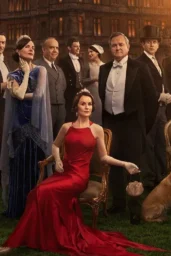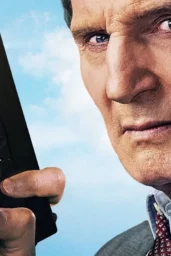The legendary James Bond franchise, which has captivated audiences for over six decades, faces a crossroads. After the release of 2021's “No Time to Die,” Bond's future remains uncertain. A Wall Street Journal report has revealed a contentious power struggle between Barbara Broccoli, the franchise's long-time steward, and Amazon, the tech giant that acquired MGM Studios in 2021 for $6.5 billion. At the center of this rift lies Amazon's vision to expand the Bond universe into a sprawling multimedia empire, complete with spin-offs and series—a concept Broccoli vehemently opposes.
The Amazon-MGM Acquisition and Tensions with Broccoli
When Amazon purchased MGM, the deal included the rights to the James Bond franchise, one of cinema's most iconic properties. This acquisition raised questions about how the tech behemoth would approach the character. Amazon's ambitions to emulate Marvel's interconnected cinematic universe have reportedly created a significant rift with Barbara Broccoli, the franchise's key decision-maker and daughter of original Bond producer Albert R. Broccoli.
Broccoli, 64, has taken a firm stance against Amazon's approach. Describing Amazon executives as “f***ing idiots” to close associates, she has resisted the company's proposals for spin-offs, branding them as incompatible with the Bond ethos. Her disdain for Amazon's creative strategy intensified when Jennifer Salke, head of Amazon Studios, referred to Bond as mere “content,” a term that Broccoli finds reductive and dismissive of the franchise's legacy.
Challenges Plaguing Bond's Next Chapter
The conflict has exacerbated existing challenges in rebooting the Bond franchise. Reports of script issues, casting delays, and disagreements on the creative direction have stalled the development of a new film. Despite Daniel Craig's emotional farewell as 007 in “No Time to Die,” no successor has been chosen, leaving fans speculating about who will don the iconic tuxedo next.
Adding to the delays, Broccoli's commitments to other projects, such as the stage adaptation of the musical “Sing Street” and the film version of “Othello” with Daniel Craig, have pushed Bond's timeline further back. Industry insiders suggest that a new Bond film may not see the light of day until at least 2026.
The Feasibility of a Marvel-Style Bond Universe
Amazon's push for a “Marvel-style” expansion includes spin-off series and potentially prequel stories exploring characters like M or Q. However, Broccoli has consistently maintained that Bond should remain a singular, cinematic experience rather than being diluted across multiple platforms.
Critics of Amazon's approach argue that Bond's mystique lies in its exclusivity and focus on high-stakes espionage, not in serialized storytelling. Proponents of Amazon's vision believe a broader universe could attract younger audiences and keep the franchise culturally relevant. But with Broccoli holding creative control, such ambitions appear unlikely to materialize.
The James Bond franchise stands at a pivotal moment. The clash between Barbara Broccoli's purist vision and Amazon's commercial ambitions underscores a larger debate about the future of cinema in an era dominated by streaming and shared universes. While Amazon sees opportunity in expansion, Broccoli's steadfast commitment to preserving Bond's integrity has left the franchise in limbo.
As fans await the next chapter, one question looms large: Can the world's most famous spy adapt to modern sensibilities without losing the essence that made him a cultural icon?
My Impressions: The James Bond franchise's current predicament highlights a classic tension between artistic vision and corporate interests. Barbara Broccoli's resistance to spin-offs is understandable; Bond's enduring appeal stems from its tightly controlled narrative and larger-than-life cinematic scope. However, Amazon's desire to innovate isn't entirely misplaced. The key lies in finding a balance that honors Bond's legacy while embracing new storytelling possibilities. For now, it seems Broccoli's iron grip on the franchise will keep Bond a singular entity—but at what cost?
Do you think the James Bond franchise should remain a standalone cinematic experience, or could spin-offs and series enhance its legacy?

